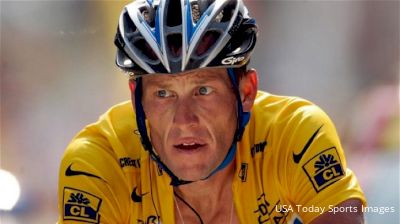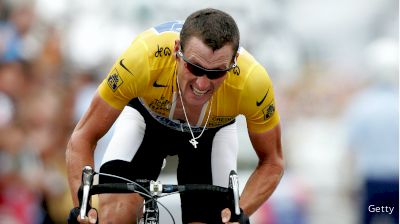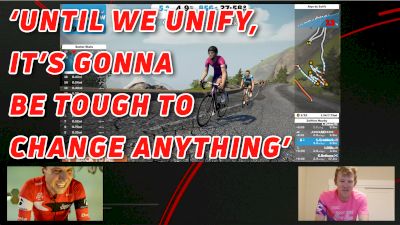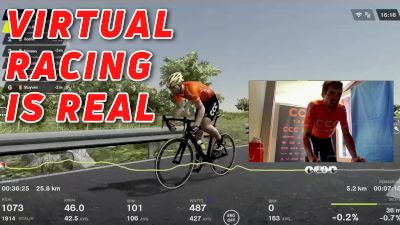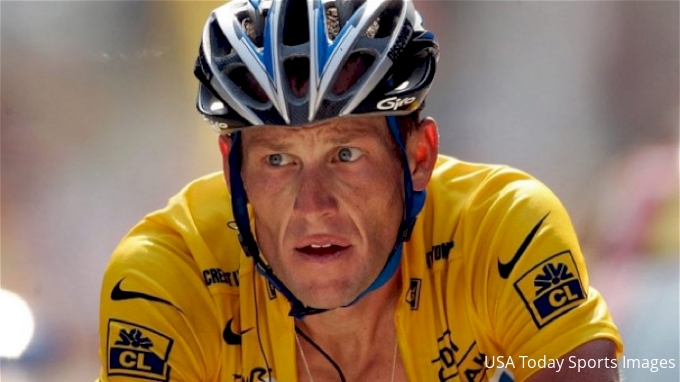

T-Mobile Game Changers: Travis Tygart
Oct 3, 2017
Travis Tygart oversees a world of play and penalties, in which sport and law overlap.
In the sports world, where ethics often feel fuzzy and gray areas seem endless, Tygart holds firm to a core moral value: cheating is wrong. And cheaters should be punished.
As the CEO of the United States Anti-Doping Agency, Tygart must cast aside the elements that so often cloud our views of athletes as fans — an athlete’s success, their money, their fame — to ask only one question: did an athlete break the rules against using performance-enhancing drugs?
For Tygart, the rules that guide sports sanctioned by USADA are the laws of competition.
Of course, when it comes to using performance-enhancing drugs, determining if someone broke the rules can often prove difficult. USADA primarily uses drug tests to catch cheaters.
USADA’s team of urine and blood collectors wield the authority to take samples from any Olympic sport athlete after a competition — in the early morning or late afternoon, everywhere and anywhere the professionals or amateurs may be. If an athlete declines, they’re guilty by default.
In 2016, USADA conducted 12,756 in-competition and out-of-competition tests; they returned 137 positive samples, of which 35 resulted in athlete sanctions.
It’s impossible to know the exact breadth of cheating in sports, but we do know that drug testing doesn’t catch all the cheaters all the time. We know this because of Lance Armstrong, the world-famous cyclist who beat cancer and won seven Tour de France titles in a row. Armstrong inspired countless people with his story, raised huge funds for cancer charities, and personally earned as much as $100 million.
The story of Armstrong, Tygart, and USADA has been well documented. Still, let’s review.
After first arriving at USADA as the nonprofit’s legal director in 2002, Tygart began expanding the toolbox the organization could use to catch and punish cheaters. He employed prosecutorial tactics more common in criminal law, such as reducing an athlete’s sanction in return for information that could lead to the successful sanction of more dopers.
He also reduced the organization’s reliance on randomized testing, and focused the agency’s resources on targeted testing — using anonymous tips and investigative information to collect samples from athletes.
In 2010, Tygart received a phone call from Floyd Landis, one of Armstrong’s former teammates. Landis, the 2006 Tour de France winner who’d lost his title after testing positive for testosterone, came clean to Tygart on the breadth of Armstrong’s doping program. Landis’ testimony, recorded under oath, led Tygart to more former teammates. Nine former Armstrong teammates exchanged knowledge of Armstrong’s drug use in return for a reduced sanction.
The investigation culminated in a document USADA released in the fall of 2012 called the “Reasoned Decision,” which outlined the agency’s case against Armstrong in an exhaustive narrative. Armstrong’s former teammates who testified on behalf of USADA received a six-month suspension from the sport, served mostly during cycling’s off-season.
Armstrong received a lifetime ban from cycling, as did the team director and team doctors complicit in his doping program. He was stripped of all seven of his Tour de France titles.
Armstrong’s legions of fans extend well beyond the cycling universe, and even after the bike racer publicly admitted to having used performance-enhancing drugs, many devotees felt outraged toward USADA. They couldn’t believe — wouldn’t believe — he’d cheated and lied.
In this T-Mobile Game Changers featuring Travis Tygart, the USADA CEO outlines the stark ethical lines by which he leads the organization. He decries the “win at all costs” culture that encourages athletes to compromise their moral standing. And he discusses why, even in the face of death threats, he remained steadfast in punishing Armstrong for cheating.

